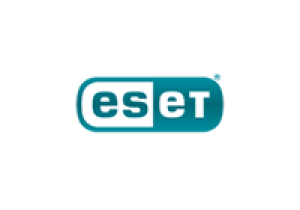How to tackle an unclear future?

Imagine for a moment that you are in 1200. If you have children, you know what to teach them, and you know that your knowledge will be useful and essential for them to survive. The world around you is changing very slowly, and you use the knowledge your parents have passed on in your daily routine: how to get food, how to be a good craftsman, a merchant or a soldier. Some things don’t change: when it gets dark, fire or candles provide light, and any illness can mean death and life expectancy is about 40 years.
Today we live in times of unprecedented revolution. It doesn’t make any difference whether it is day or night, we can cure diseases that would mean a certain death 50 years ago and the life expectancy increases significantly. Do you think our grandparents had any idea how much the world would change throughout the 20th century?
The child born today will be 30 in 2050. How can we prepare it for a world we have no idea of? Which one of us knows what the year 2050 will look like? We don’t know what jobs will be in the course, how the government and the military will work, and how progress in medicine and biotechnology will affect people’s lives.
It is likely that the changes that are taking place around us will lead to a change in the labor market. People will have to learn to innovate their knowledge regularly. What children learn in school today is won’t be probably useful in 10 years. They will need to learn new skills to succeed in the labor market. For older generations, it was common for employees to spend their entire productive lives in one company and in one position. This will be considered as a rare exception in the future. Just as people who lost their established livelihoods during the industrial revolution, people are losing and will be losing their jobs during the current digital revolution.
But the good news is that new positions are waiting for them - all they have to do is learn new skills. At the International ITAPA Congress, Andrew Green from OECD will talk about jobs that are threatened by the digital revolution and outline possible solutions. Don’t miss his lecture on November 12. And while you're at the congress, stop by at the “Where are the people for IT?” panel, where experts will talk about the lack of experienced “geeks”. Is it caused by outdated teaching programs in our high schools and universities that fail to reflect the reality of the labor market or the unattractiveness of IT unions? The solution to each problem lies first in understanding its causes. In the panel, Gustáv Budinský from the Office of the Deputy Prime Minister for Investment and Informatics, Mário Lelovský from ITAS, Anna Záhorčaková from Ditec, Petra Kotuliaková from the organization Aj ty v IT, Natália Šultysová from the Philanthropy Foundation and Peter Ďurica from NASES.




















